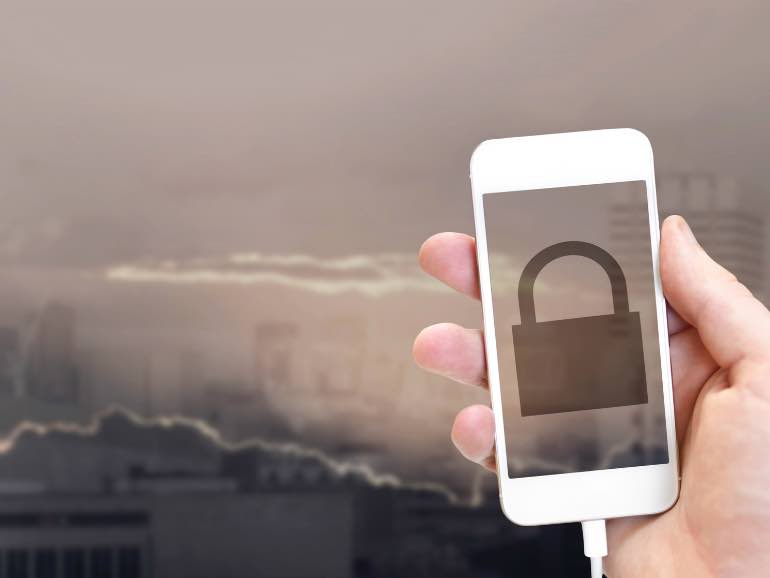Physical security has become second nature to most of us. When we leave the house, we lock our doors. We wait to hear the reassurance of that chirp letting us know our car is locked as we head into the store. We would never dream of leaving our most valuable possessions out somewhere in public, unattended, for someone to steal.
Maybe it’s the intangibility of it all, but for some reason, many of us don’t seem to be as concerned with cybersecurity, despite the severity of the associated risks.
As the general public becomes more aware of the importance of cybersecurity (particularly due to some major mishaps made public), people are finally starting to take it seriously. With the help of a few simple basics, you can keep your devices and your connections secure.
Keep your name secure
You already know that your device is yours, so there’s no reason to use your first or last name (or both) as a device name. Doing so opens you up to even more vulnerability. For iPhone users, your device name may default to the name you have associated with your iTunes account; however, this can still be changed in your settings under General >> About >> Name.
Lock up your laptop
Regardless of how trustworthy your co-workers or peers may be, it’s not their responsibility to look after your device. If you’re going to step away for a moment, make sure to lock your computer. Better yet, if you’ll be gone for more than just a few minutes, shut it down. This will enable disk encryption, making your device even more secure.
In a matter of seconds, a tech-savvy passerby with ill intent and a USB device could do some serious damage to an unlocked device. While logging back in or booting back up may be a hassle, it’s simply not worth the risk.
While you may think that the data you have on your device would be unappealing to others, you might be surprised if you really stopped to think about what they could be getting their hands on. Not only can confidential data be extracted, but access to social media or email accounts could be just as detrimental.
In addition to keeping your device secure when you’re away, it’s important to consider security while it is in use. Always make sure to use a privacy filter on your device screen to prevent others from easily peeking at your screen while you are viewing potentially sensitive material.
Forget known networks
Once you wrap up your work on a network that you’ll no longer need to use, make sure your device “forgets” it. If possible, do so before you head out the door. iOS devices, like the iPhone, don’t allow you to forget a network unless it is still in range. The only way to delete a known network once you have left is to reset your network settings. Simply go to Settings >> General >> Reset >> Reset Network Settings.
Save the Bluetooth for your home
Think about it. Bluetooth is a way to connect to another device wirelessly. If it’s that quick and easy for you to connect, doesn’t it make sense that it would be just as easy for someone else to connect to you? Using Bluetooth in a shared space opens you up to the risk of someone else accessing your device without ever needing to physically connect with it. Stick to wired connections at the office, and save the Bluetooth for your own private connection at home.



